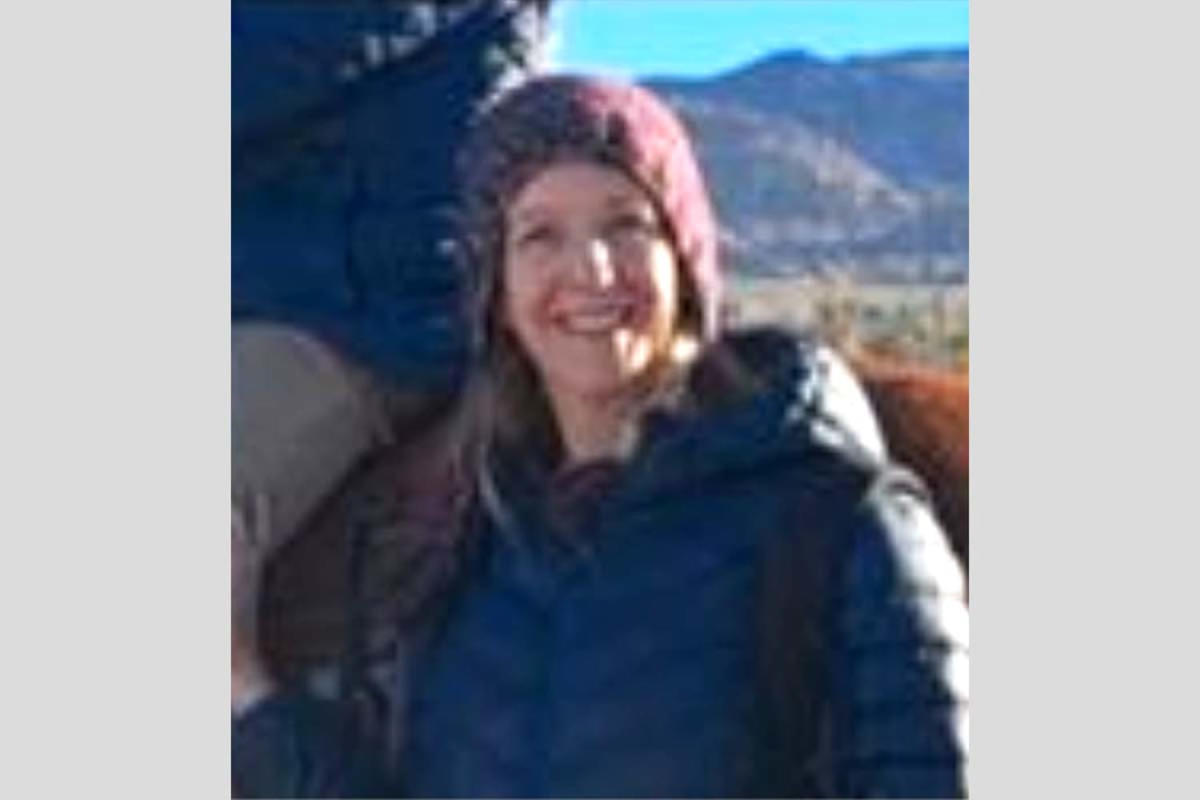A Northern California city council voted early Wednesday morning to cancel the nation’s first outdoor experiment into the possibility of limiting global warming by changing the behavior of clouds.
What happened: The five-member Alameda City Council voted unanimously against University of Washington researchers’ spraying of liquid salt from the deck of a retired aircraft carrier into San Francisco Bay, two months after the experiment began.
City officials said they were put off by the project’s lack of transparency. Although researchers insisted they did not need federal, state or local permits to begin the experiment, officials faulted them for announcing the project in the New York Times instead of notifying the city first.
“You’re not off to a good start,” Alameda Mayor Marilyn Ezzy Ashcraft told investigators. “I’m not happy when I open the newspaper… and read about this controversial experiment happening in the Bay Area. I’m like, ‘Oh, I wonder where that is. Alameda? What?'”
Why it matters: It is one of the first votes on solar geoengineering research in the US and could signal public sentiment as investor interest in the technology grows and global temperatures continue to rise.
It is also the second experiment in solar geoengineering to face opposition in recent months as the technology comes under increasing scrutiny.
Harvard researchers seeking to inject the stratosphere with sunlight-blocking aerosols in northern Sweden ended their project in March after facing pushback from environmentalists and indigenous communities concerned about the potential negative impact on weather patterns.
Background: The University of Washington’s Coastal Atmospheric Aerosol Research and Engagement (CAARE) project attracted international attention when it launched in April. Launched in collaboration with the nonprofit research groups SilverLining and SRI International, it was a relatively small experiment: the idea was to spray sea salt particles for 5 to 30 minutes a few times a day for at least four months to study how they to move. through the air. The next phase of the research would aim to ensure that the clouds increase their density and reflectivity.
Consulting firm Farallon Strategies, which the researchers hired to evaluate the regulatory challenges for the project, concluded in March that the ship’s existing permit was sufficient given its limited scope.
But Alameda officials, caught off guard when news stories about the experiment emerged, said it violated the USS Hornet’s lease. They ordered the university last month to halt the experiment while commissioning independent safety studies. The city’s consultants found that the tests would not harm the environment, sensitive species or the surrounding community.
Investigators apologized during Tuesday’s hearing. “We thought it was the right decision to go through the Hornet and their permitting process and their communications and relationship with you,” said Sarah Doherty, director of the University of Washington’s marine cloud brightening program. “We now know this was a mistake and we deeply apologize for it.”
The project lasted about 20 minutes the last week of March and the first week of April until it was shut down, Doherty said.
Researchers also maintained during Tuesday’s hearing that salt concentrations were far too low to cause health problems. But council members said they were still concerned about the impact on city residents.
“We are very interested in tackling climate change,” said Vice Mayor Tony Daysog. “But for me, I just feel like a lot of the information is just way too thin.”
What’s next: Council members considered returning the proposal after seeking approval from other regulators, but ultimately voted to simply halt the project.
“I’m not saying, ‘Never darken our doorstep again,’” Ezzy Ashcraft said. “But I just feel like this isn’t the right time.”







